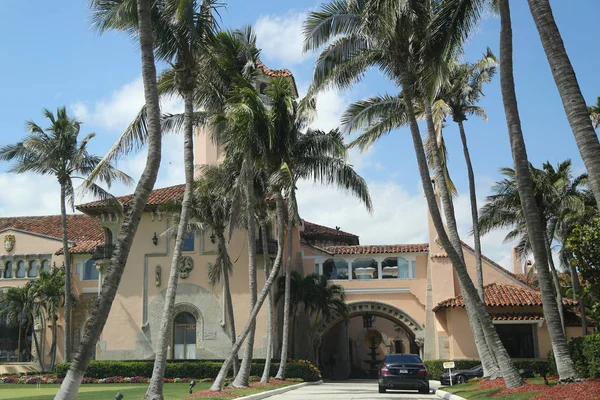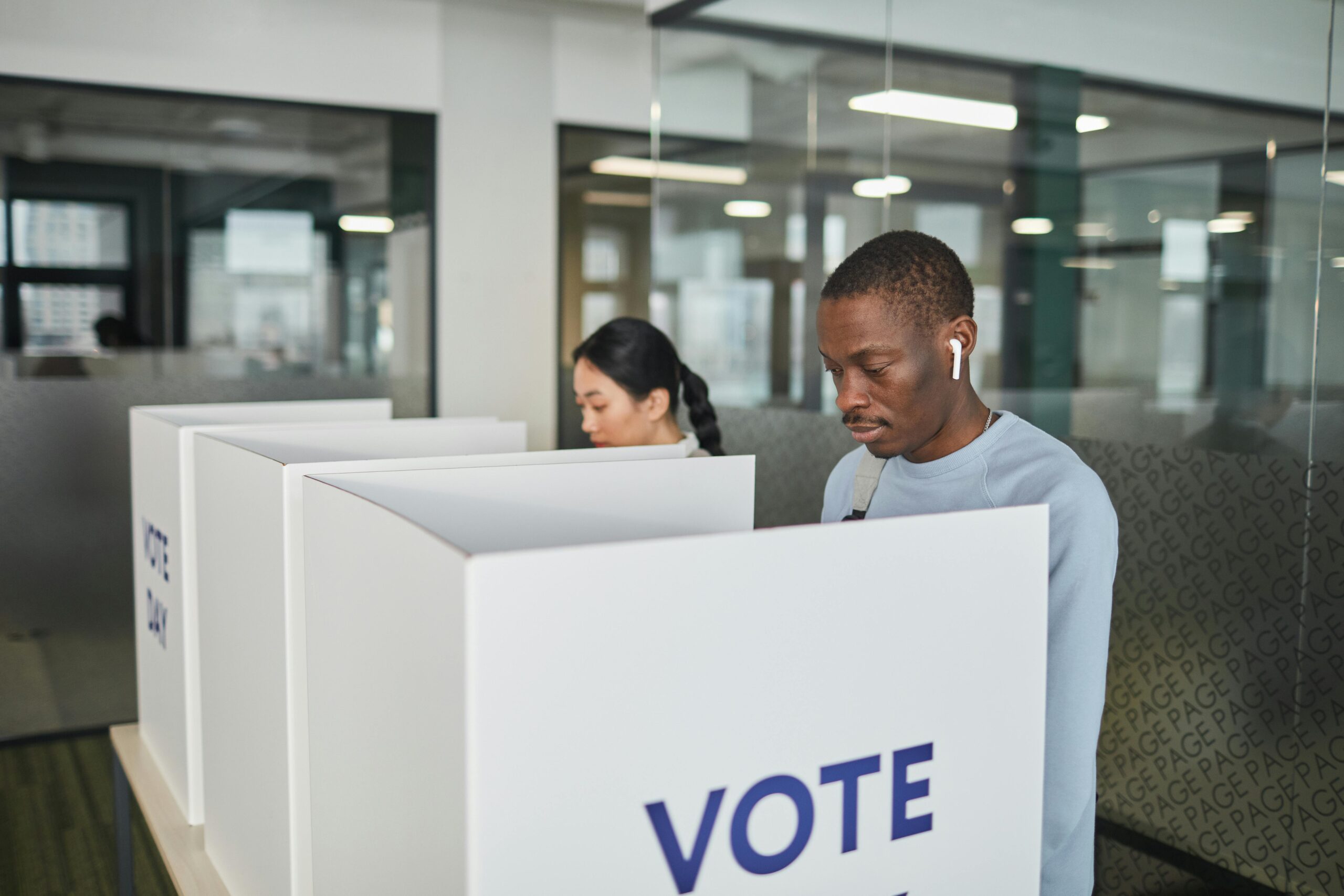Will Chrystia Freeland Be Canada’s Rishi Sunak?
Thanks to a canny resignation, the former finance minister is in the catbird seat.

With the resignation this week of Justin Trudeau, all eyes are on the leadership race in the Liberal Party of Canada, which promises to be a major milestone in Canadian political history. If the party finds a replacement with enough popular appeal that it can avoid being completely eclipsed in the upcoming election, it will be in a strong position to compete in the future; the Canadian electorate is, despite its present dissatisfaction with Trudeau, not very conservative. On the other hand, if the party continues on its present course, it may be reduced to a permanent minority. Voters can always turn to the Canadian New Democrats instead, the social democratic party that has already threatened to eclipse the LPC once this century.
The major beneficiary looks to be Justin Trudeau’s former deputy prime minister, Chrystia Freeland, who resigned in a pointedly public fashion last month. Freeland, who had served in the position since 2019, apparently took issue with Trudeau’s approach to Donald Trump’s threats to use major tariffs on Canadian goods. Despite being responsible for U.S.–Canada relations during Trump’s first term—including the negotiation of the USMCA free trade agreement that replaced NAFTA in 2020—and serving as Canadian finance minister, Freeland was notably absent when Trudeau flew to Mar-a-Lago after Trump’s reelection in November 2024 to discuss future relations between the North American countries, including trade and tariffs.
The conflict between Freeland, who advocated for a more confrontational approach to Trump’s belligerent stance, and Trudeau, who seems to have decided on a more conciliatory tone, escalated until the prime minister decided that the rift had become too wide. On December 13, Trudeau asked Freeland to resign as finance minister and offered her another position in the cabinet, something that would have been a considerable demotion for the deputy prime minister.
That was when Freeland decided to wield the knife. In a very unusual move for Canadian politics, Freeland published a scathing letter on 𝕏 denouncing Trudeau’s approach to the economy and announcing her resignation.
“Our country today faces a grave challenge. The incoming administration in the United States is pursuing a policy of aggressive economic nationalism, including a threat of 25 per cent tariffs,” she wrote. “We need to take that threat extremely seriously… that means eschewing costly political gimmicks, which we can ill afford and which make Canadians doubt that we recognize the gravity of the moment.”
The resignation was a rare show of defiance against the prime minister, whose dominance of the Liberal Party has been essentially unchallenged for over a decade. It also sets Freeland up beautifully for the upcoming leadership race. “I look forward to continuing my work with my colleagues as a Liberal Member of Parliament,” she wrote in her resignation letter, “and I am committed to running again for my seat in Toronto in the next federal election.” It was a less than subtle indication of Freeland’s interest in a future position as head of the LPC.
Her timing could not have been better. Publicly severing ties with Trudeau distances her work as deputy prime minister from his unpopular and unsuccessful legacy, while allowing her to claim the benefit of her five-plus years of experience in government and party leadership. Especially helpful is her strong stand against Donald Trump, who is unpopular with Canadians—even more so recently, for discussing, in jest or in earnest, the potential annexation of Canada.
Freeland’s situation is in many ways reminiscent of Rishi Sunak’s ascent to the office of prime minister in the United Kingdom. Sunak was a largely unremarkable Tory back-bencher until he supported Boris Johnson’s bid for party leadership in 2019, for which he was rewarded with a post as chief secretary to the treasury and swiftly afterwards was promoted to the high office of chancellor of the exchequer—a meteoric rise in influence due, largely, to his perception as a loyal Johnson subordinate.
When a scandal enveloped the government over Johnson’s conduct in office, however, Sunak resigned almost immediately and issued a harsh critique of the prime minister’s actions, precipitating a flood of resignations from junior officials and eventually the collapse of the government. Boris Johnson himself resigned soon after, and Sunak took the opportunity to launch his own ultimately triumphant bid to head the Tories, promising to “restore trust” in the government.Freeland still faces a number of obstacles that could derail her attempt to imitate Sunak’s successful course to the premiership: Despite her resignation, she is still closely tied up in the public eye with Trudeau’s unpopular political legacy, which could be a liability in a general election. Her political style is elitist at a time when Canada is undergoing a populist moment like many Western countries. And she faces a stiff challenge from political outsider Mark Carney, who was widely praised for his management of Bank of Canada after the global financial crisis. But her astute sense of timing and long political experience inside the LPC make her a hard candidate to bet against.
The post Will Chrystia Freeland Be Canada’s Rishi Sunak? appeared first on The American Conservative.

